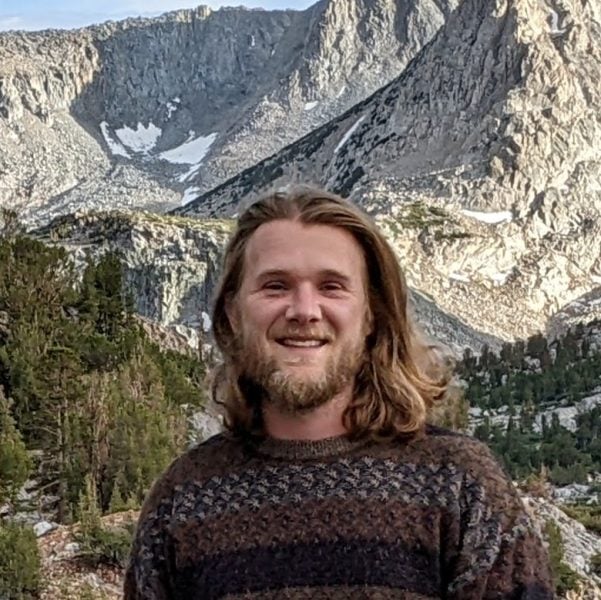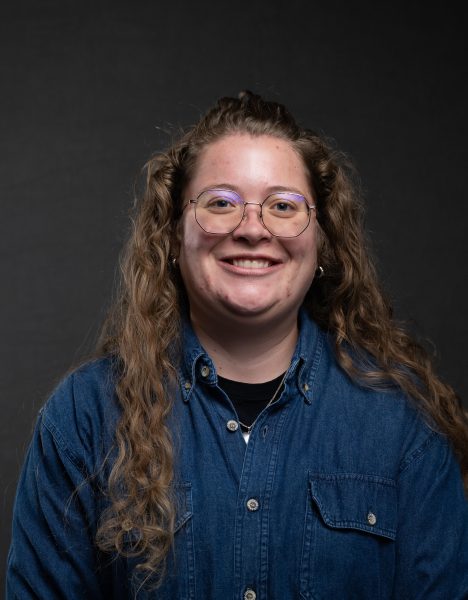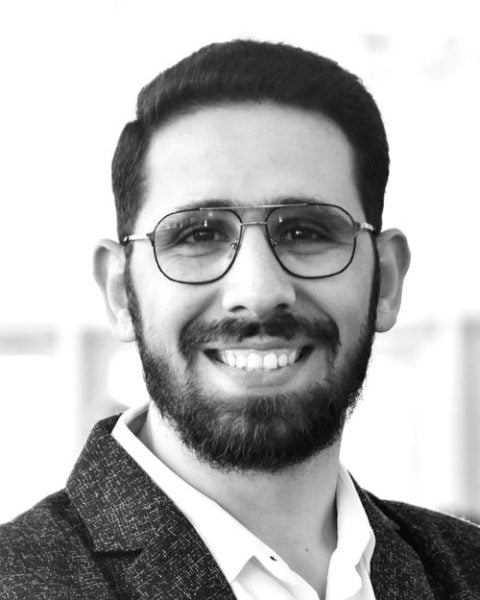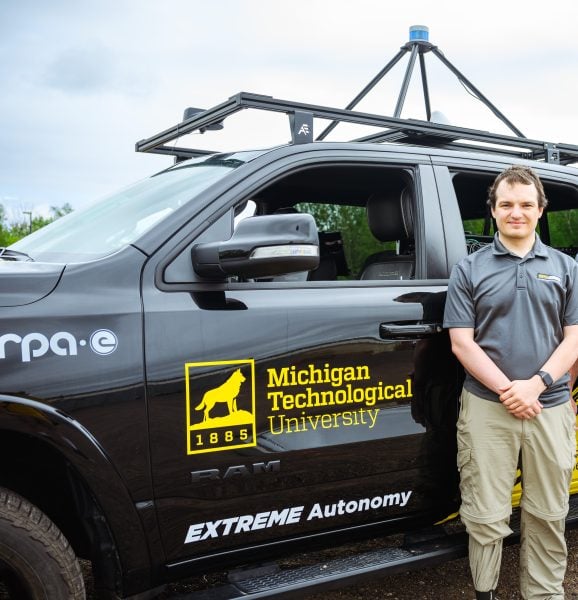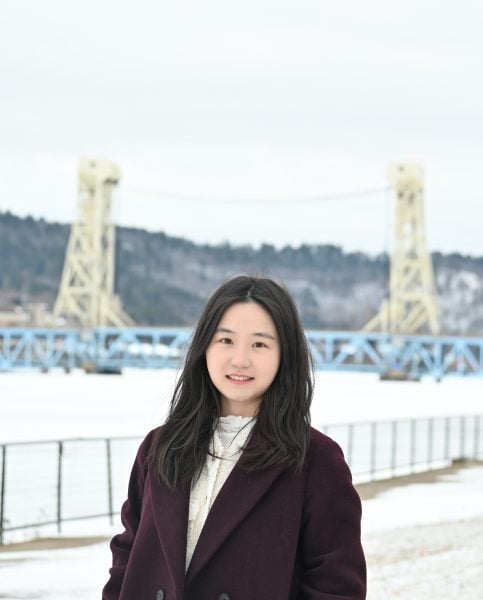
I am deeply honored to receive the Finishing Fellowship Award from the Graduate School and the Graduate Dean Awards Advisory Panel. I sincerely thank the Department of Mathematical Sciences for the academic advising and continued support. I am especially grateful to my advisor, Dr. Yeonwoo Rho, for her unwavering encouragement and guidance throughout my doctoral program. I also extend my thanks to the faculty in the math department for their professional instruction and feedback throughout my coursework.
I have had the privilege of working under my advisor, Dr. Yeonwoo Rho, on functional data analysis. I would like to express my sincere gratitude to Dr. Rho for her invaluable guidance and mentorship, from shaping my research to encouraging my professional development. My research focuses on statistical methods for detecting change points in the mean or variance in high-dimensional or functional time series using random projections, with applications in finance, climate science, and biomedical science.
Alongside my research, I have worked as a Graduate Teaching Instructor for undergraduate math courses. I would like to thank my teaching supervisor, Ann Humes, who provided comprehensive training and helped me develop an instructional framework. I am also grateful to my teaching mentors, Tim Wagner and MaryFran Desrochers, for their guidance on effective teaching practices. These experiences have strengthened my commitment to high-quality instruction.
In addition, I have been proud to serve as the department representative in the graduate student government. I appreciate my colleagues for their participation and engagement, which have contributed to a supportive community. This service has also strengthened my leadership and collaboration skills.
I look forward to continuing to contribute through research, teaching, and service. This fellowship will provide crucial support as I complete my dissertation and prepare for the next stage of my academic career.

